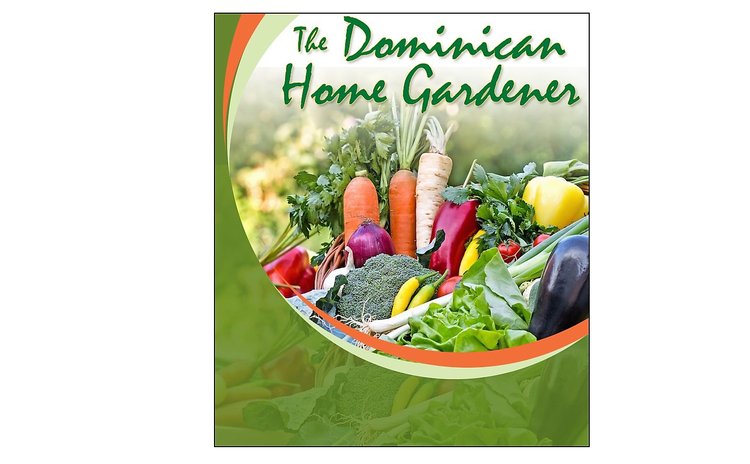Ten Things to know before you start a vegetable Garden

Vegetable gardening has become the latest craze: nearly everyone seems to be in that business these days. That's a good thing that should be encouraged. Gardening is challenging, rewarding, mystifying and uplifting.
We will be discussing some of the issues and practices that are pertinent to you and your garden in the coming issues of the SUN.
Here are ten things you should know if you are a beginning gardener, adapted from an article by Benedict Vanheems in GrowVeg:
- Right Plant, Right Place
The first thing to consider when starting a vegetable garden is light. Most vegetables, fruits and herbs grow best in full sunshine – somewhere that receives at least six hours and preferably eight hours of direct sunshine a day. Some vegetables and horticultural plants can grow well in shaded areas.
- Convenience is Key
You'll need to tend your garden regularly, so if possible position it close to the house where you will see it – that way you won't forget about it and can see what needs doing as it needs doing. Try to site it near a source of water, or install water barrels or other means of collecting rainwater close by to make watering quick and easy.
Plan to spend at least two to three hours a day tending your garden.
- Love Your Soil
Lavish your soil with love. Nourish it with organic matter, including garden compost and manure. Manure must be rotted down for at least six months before applying it because fresh manure contains weed seeds, can harbor disease and may 'burn' plants due to its very high nitrogen content.
Add organic matter whenever you can and at least once a year. 4. Don't Be Hasty
As a new gardener it's easy to get carried away, but a little restraint is essential. Take your time. A beautiful garden takes years to develop into your pride and joy.
- Give Plants the Best Start
Seed beds – that's the area you sow into – should have a fine, crumbly texture. Sowing under cover into plug trays and pots is a great way to get a head start. Transplants need planting holes that are bigger than the existing root ball.
- Water Well
Most plants need an average of 1-2 inches or 2-5cm of water a week. You'll probably need to water more if there is a drought or little rainfall. It's better to water heavily, once a week, than a little every day. This forces roots to reach further down into the soil to seek moisture, improving self-reliance. Plants in containers can't do this of course, so water them more often.
- Act Fast on Weeds
Weeds compete with your plants for moisture and nutrients. Remove weeds as soon as you see them so they don't have a chance to produce seeds and spread. Hoeing is quick and easy. Hand-weed where the hoe can't reach.
Mulching with organic matter is a great way stop new weeds popping up as well as improving your soil as it gradually rots down.
- Keep Picking to Keep Producing
Some vegetables, like okra, must be picked regularly to keep the harvests coming.
- Tidy Up...But Not Too Much
Fallen leaves are a welcome resource. Add them to compost heaps, compost them alone or with other vegetative stuff.
- Keep Records
Good gardeners make lots of mistakes but they learn from them! By keeping track of when, where and what you grew and noting any pests, diseases or failures, you can build up a personal record of what works best for you and your garden.




